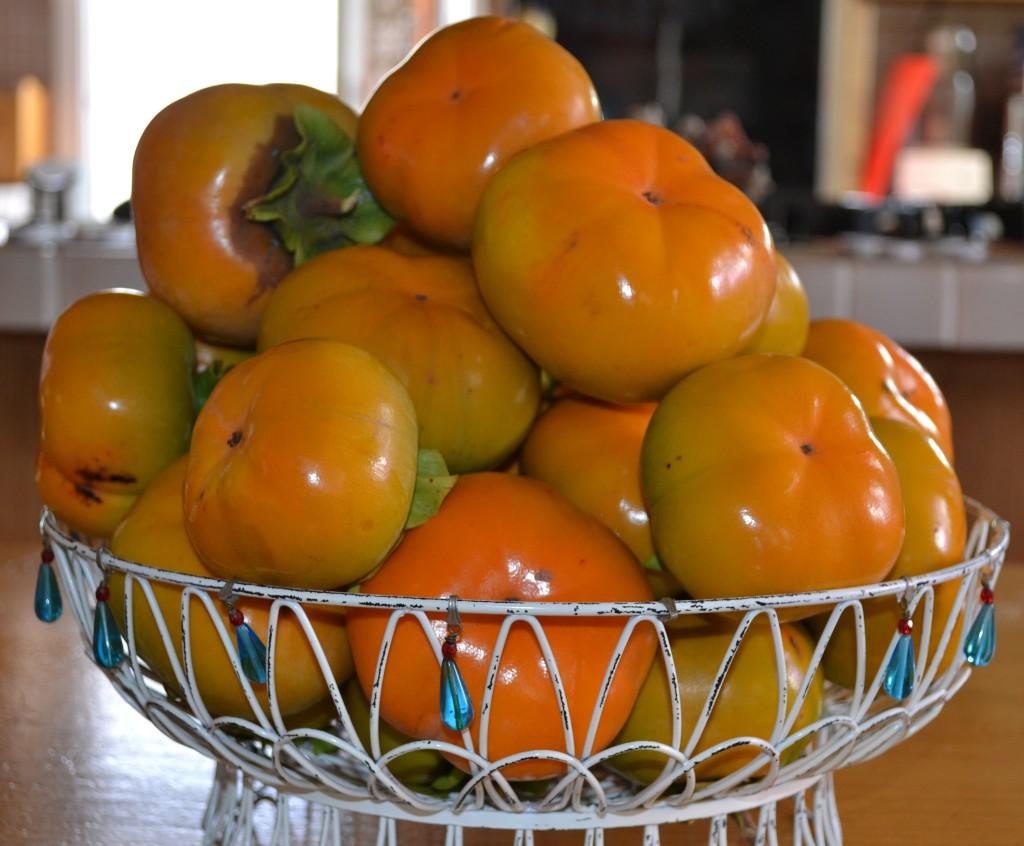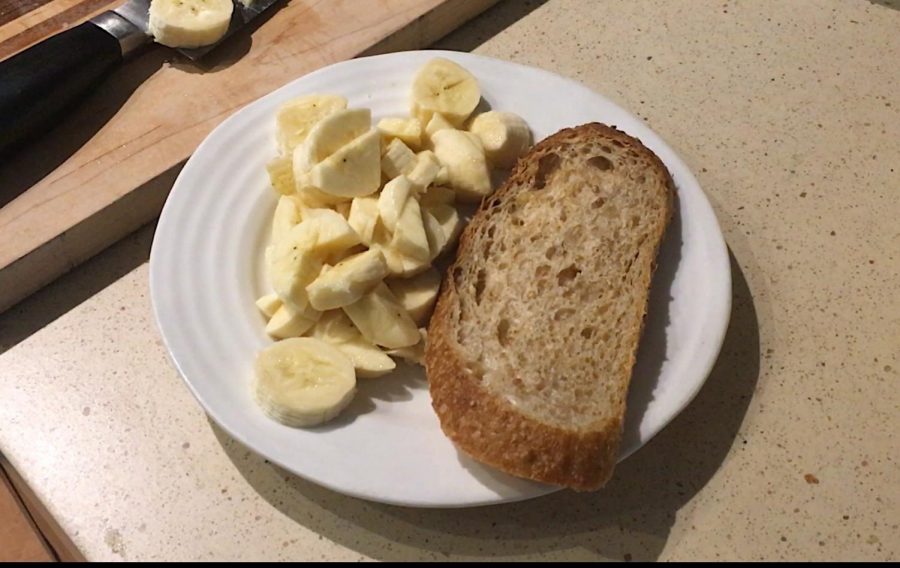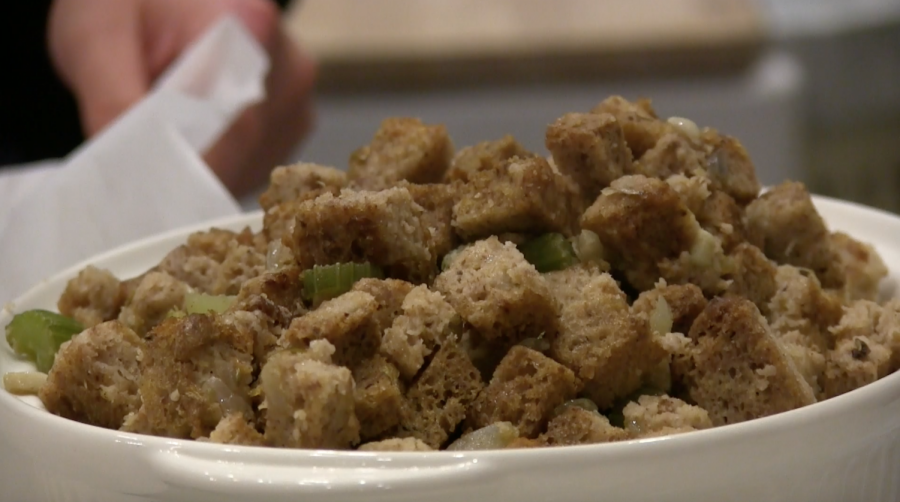Persimmons: a potential mystery fruit to the majority of our society, while there’s so much to be learned about them.
First, what are they? Persimmons are a round, orange fruit that almost resemble mini-pumpkins. They’re harvested from trees during the months of September to November. They can be eaten raw, dried, or cooked into culinary creations of your own. They taste similar to apples, but not as acidic and more mildly sweet. Persimmons are very beneficial for your health since they’re rich in Vitamins A and C, and also contain a daily serving of fiber.
Now that you know the gist of what persimmons are, here are a few ways you can enjoy their savory flavor:
- Raw, of course! Persimmons are perfectly delectable when eaten fresh, right off the tree. Just make sure they’re ripe enough for the most ideal taste.
- Mixing persimmons to baked treats will add a flavorful and unique touch to any cake, cookie, or muffin.
![IMG_8673[1]](https://mustangmorningnews.com/wp-content/uploads/2013/10/IMG_86731-300x225.jpg)
- Smoothies with persimmons are a hearty addition to a breakfast or even an after-school snack. They’re filling and low in calorie, which are both pluses for your body when you’re on the go. One smoothie suggestion is a banana and persimmon smoothie: add 1/2 of a banana, 1/2 of a persimmon, 100 ml of milk, 1 cup of ice, and a sprinkle of cinnamon into the blender. Blend all the ingredients thoroughly and pour in a cup to enjoy!
![IMG_8737[1]](https://mustangmorningnews.com/wp-content/uploads/2013/10/IMG_87371-300x228.jpg)
- Putting small pieces of persimmon on your ice cream or yogurt as a topping is also a way to be creative when you’re snacking. Dust some cinnamon on top of the persimmon for a more piquant flavor.
![IMG_3610[1]](https://mustangmorningnews.com/wp-content/uploads/2013/10/IMG_36101-300x225.jpg)
- There are two main types of persimmons: fuyu (tomato-shaped) and hachiya (heart-shaped). Only the fuyu is allowed to be eaten raw.
- During the Civil War, some southern families boiled, roasted, and ground persimmon seeds to produce a drink similar to coffee.
- Though they are delicious, it’s not recommended to eat persimmons on an empty stomach or eat too much of them. This is because persimmons contain a substance called shibuol, which can react with your stomach acids to create a sticky substance called bezoar. If too much bezoar is formed, intestinal blockage can occur and in rare cases, surgery is needed. To avoid this, eat persimmons on a full stomach and control your servings.
















